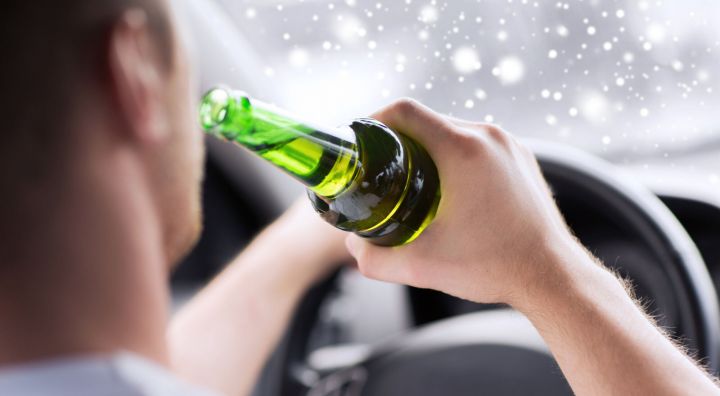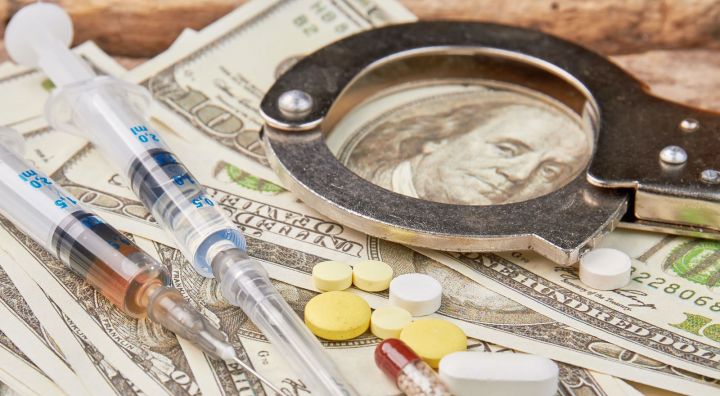Affluenza (2016)
Some young people have escaped jail by claiming “affluenza:” their wealthy parents instilled no moral compass, so they believed they could do anything without consequence.


Some young people have escaped jail by claiming “affluenza:” their wealthy parents instilled no moral compass, so they believed they could do anything without consequence.

Police confrontations with mentally ill subjects can quickly turn tragic, as neither side may understand the other. Specially trained crisis intervention teams have spread around the country to prevent deaths, injuries, and unnecessary incarceration.

Scientists are learning that people who repeatedly drive drunk are not all the same in the personalities and brain chemistries that motivate their behavior. An expert discusses new research suggesting different ways to reduce recidivism in each of these personality types.

Experts discuss how doctors on the street can improve health for the homeless and lower cost for society.

Genetic testing has become a widespread reality in the past five years, but doctors are struggling with what many genetic findings really mean.

Experts discuss why this effect occurs and how it can be broken by technology.

Slavery was officially outlawed 150 years ago in the US, but millions of vulnerable low-wage workers are still exploited and trapped in the US and around the world. Experts discuss why foreigners are especially at risk of being intimidated into forced labor in the US and how they might be rescued.

Confessing to a crime that a person did not commit is a major reason for wrongful convictions. Scientists have found that the psychology of innocent people is a major reason for false confessions. Experts discuss the chain of events and psychology that allow them to occur, and public policy changes that could make them much more rare.

Government researchers and auto companies are developing a device called DADSS (Driver Alcohol Detection System for Safety) that can inobtrusively test whether a person is drunk as he attempts to start his car. If so, DADDS makes the car inoperable. Experts explain how it will work and debate some of the issues surrounding its possible rollout.

Teenage drivers are the most dangerous on the road. Graduated driver's license programs have improved their record, but a new study finds teen drivers are often distracted before crashes. Brain biology plays a role. Experts discuss distracted driving and ways to get teens to pay attention on the road.

Many people have misconceptions about what addiction is and is not. A noted British journalist explains how these myths fuel the war on drugs, and alternatives that might really curb addiction and drug trafficking.
Subscribe to get the latest from Radio Health Journal directly in your inbox.

